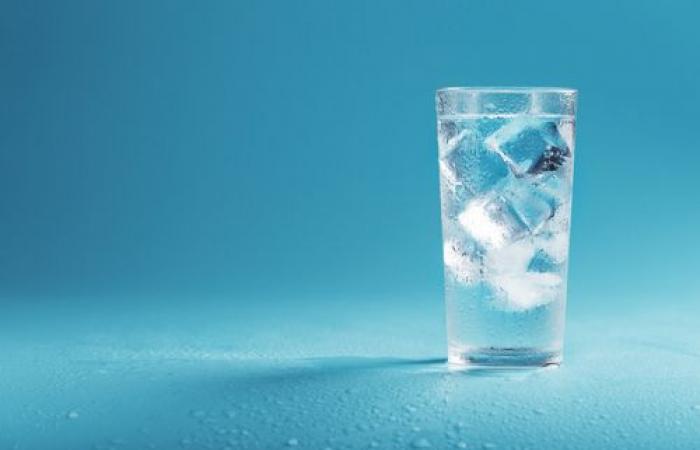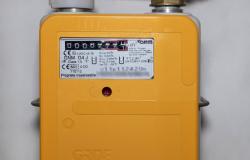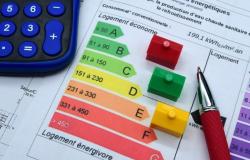So you’ve tried this fun little trick: placing an ice cube tray filled with hot water in the freezer to make ice faster than with cold water..
Oddly enough, there is still no well-established explanation for this strange phenomenon called the “Mpemba effect” (named after its Tanzanian discoverer in 1963). Scientists have nevertheless proposed five hypotheses, which may be complementary, and which play a variable role depending on the conditions.
The simplest involves the evaporation of hot water: this phenomenon would mainly lead to a reduction in the mass of water, which would favor its cooling compared to the same initial volume of cold water. Add to this, second hypothesis, the fact that evaporation consumes a lot of heat, which further accelerates cooling. But the phenomenon could also be due to the loss of dissolved gases (carbon dioxide, nitrogen, etc.), which escape when the water is heated; however, without these gases, the water would freeze more quickly.
Is warm water less susceptible to supercooling? Does it generate more intense convection currents?
Third proposition: hot water would cool more quickly because it would be less affected by the “supercooling” effect, a phenomenon that allows a liquid to maintain its viscosity even when its temperature drops below its solidification point. This condition usually occurs when cooling is slow and the water has few impurities. However, hot water would be less prone to supercooling than cold water, meaning it would freeze at a higher temperature, and therefore more quickly.
The fourth explanation is based on the existence of stronger convection currents in hot water: These currents would accelerate heat transfers between the hot water and its environment, which would again promote faster cooling.
Finally, the fifth hypothesis involves a change in the environment around the sample caused by the heat of the water. For example, if the container rests on crushed ice, the hot water, unlike the cold water, can melt the ice, thus establishing better heat conduction during the experiment and promoting the cooling of the hot water.
These five theses have not been rigorously validated because the tests depend on a large number of poorly defined factors. The Mpemba effect therefore remains difficult to reproduce and study.
K.B.
This article was originally published on January 31, 2022






